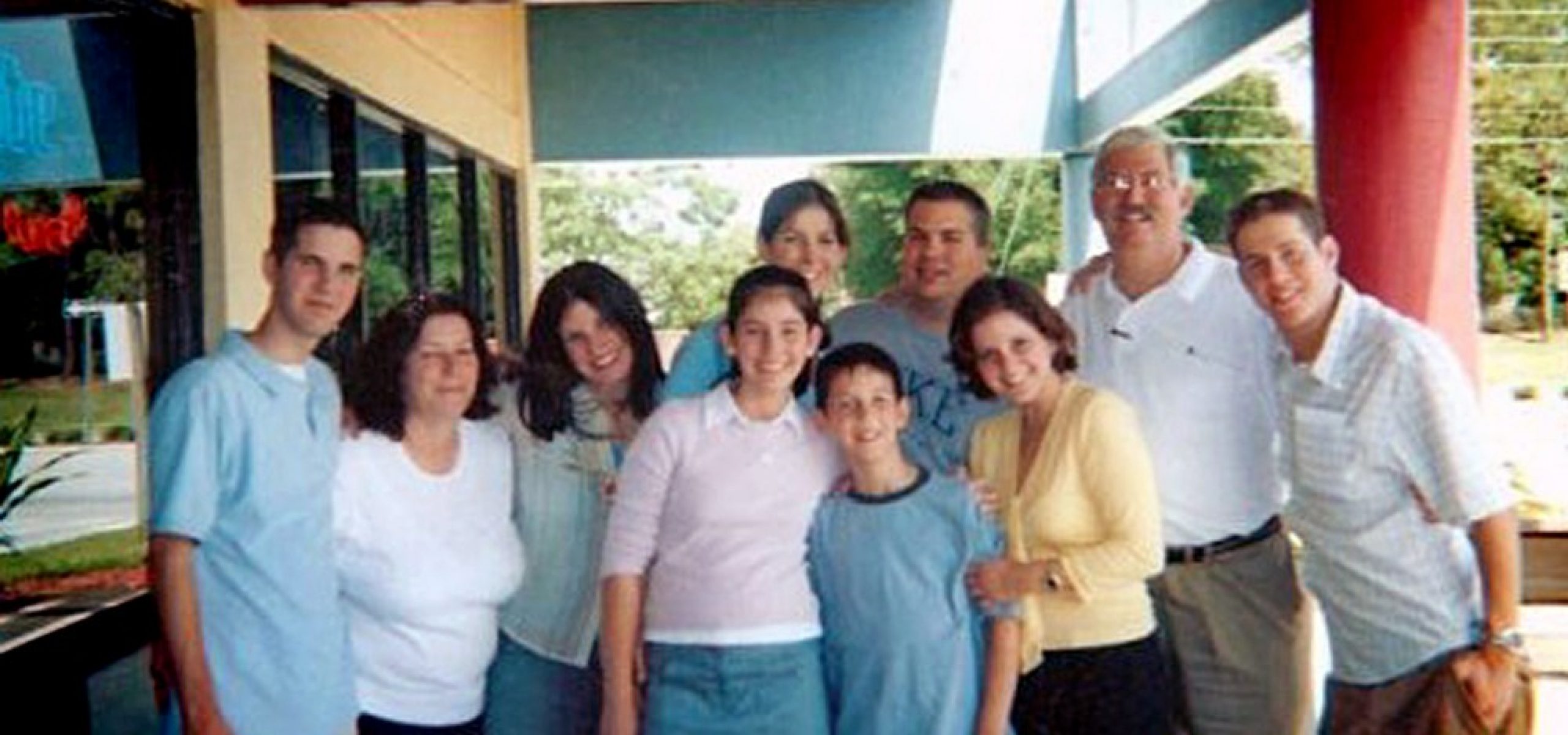Read the Article Here.
Courthouse News Service
WASHINGTON (CN) – The seven children and wife of the longest-held American hostage in Iran closed out a two-day hearing in D.C. federal court Thursday with agonized testimony on the nightmare they fell into back in 2007 when former FBI agent Bob Levinson disappeared.
 “I don’t understand why people don’t know his name,” said Stephanie Curry, Levinson’s daughter.
“I don’t understand why people don’t know his name,” said Stephanie Curry, Levinson’s daughter.
U.S. investigators have concluded that the Iranian government abducted Levinson, who would be 71, while he was on a rogue mission for the CIA. The lawsuit filed by his family seeks $150 million in compensatory and $1.35 billion in punitive damages from Iran.
Emotional testimony from his family unfolded in U.S. District Judge Timothy Kelly’s courtroom while grandchildren that Levinson has never laid eyes on played with toys and puzzles in the hallway.
The family’s attorney, David McGee, said Kelly could issue a sound warning to Iran that U.S. citizens cannot be cut off from the world as Levinson has been for nearly 13 years.
“All you have to do is look at the cases that go through this courthouse,” McGee said. “They do it over and over and over again.”
In testimony that bared the emotional and physical trauma of their father’s capture — including anxiety, depression and attention-deficiency and eating disorders — Levinson’s seven children shared memories of a father with abounding love.
A photo of Curry walking down the aisle with her father in 2002 triggered guilt in the second-oldest daughter.
Choked by tears, she admitted, “I have a lot of guilt too because my sisters missed that opportunity.”
The captive’s voice entered the courtroom on a number of occasions through emails sent to his wife and children over the years, sprinkled with goofy nicknames like “Happy Face” and “Lumpy.”
In an email sent just weeks before he disappeared, Levinson wrote to his son David Levinson: “All the stuff that I do is nothing repeat nothing compared to all I do to make sure you grow up and prosper.”
David Levinson echoed testimony from his siblings that his father, while very invested in investigating international crime, never missed key events like basketball championships and National Honors Society inductions.
“I’m the fifth of seven children and I still feel like I’m the most important one to him,” he said.
A judge in the same court last month ordered Iran to pay Washington Post journalist Jason Rezaian $179 million in damages for imprisoning him on false espionage charges. Held in Evin Prison, where Levinson is suspected to also be locked away, Rezaian’s captors deprived him of food and medication, threatening to harm his wife and cut off his arms and legs.
When news came Levinson was not freed along with Rezaian — held a year and a half and released in January 2016 as part of a prisoner swap — his family was devastated.
Curry told Judge Kelly that every night “without fail” she prays with her two children for their grandfather’s release.
“A hug, physical touch, he has had nothing for 13 years. How can you keep going after that?” she said.
The eldest daughter, Susan Boothe, remembered Levinson’s hand on her shoulder after a basketball game as her father said “you done good baby.”
Boothe said unlike her siblings, she has lost hope that their father will return home.
“We don’t pray for him to come home,” she said of her and her children. “We pray that he isn’t suffering, we pray that grandpa Bob isn’t suffering.”
In a rare showing of emotion from Kelly, the Trump-appointed judge said: “I have learned a lot of things the last two days. One thing I have learned is that I’m a terrible father.”
Despite the wrenching testimony over two days from Levinson’s children, his wife never shed a tear.
“I swore that my family would not fall apart,” Christine Levinson said. “And I fear that if I cry in front of my children, the dominos would fall. And they would not be able to be picked up.”
Two experts on Iran also took the stand, testifying that Levinson as a former FBI agent is no doubt a valuable bargaining chip for Iran, possibly to barter protection for its nuclear program.
Patrick Clawson, director of research at the Washington Institute for Near East Policy, said Hezbollah representatives revealing the Iranian-backed Lebanese militia wielded power to facilitate Levinson’s release was unusual.
“This is very much the pattern we had seen in the 1980s,” Clawson said. “But it had really fallen out of use.”
Closing out the hearing, Kelly commended the Levinson family for their testimony.
Before promising to issue a speedy ruling, the judge told Christine Levinson, seated at the counsel table representing her husband, that “you have a lot to be proud of.”
